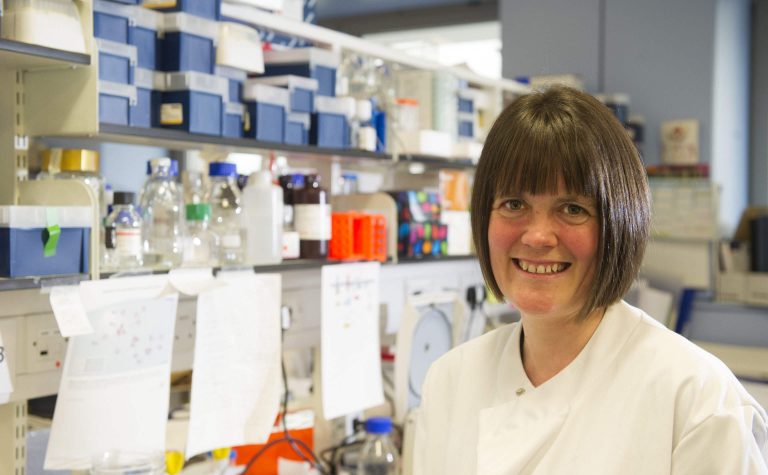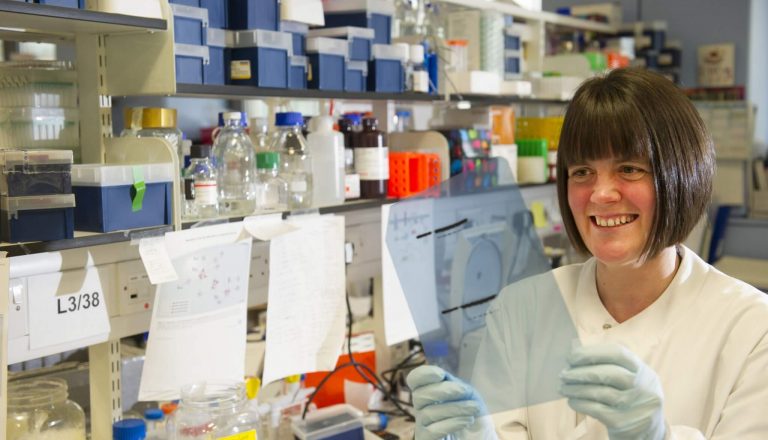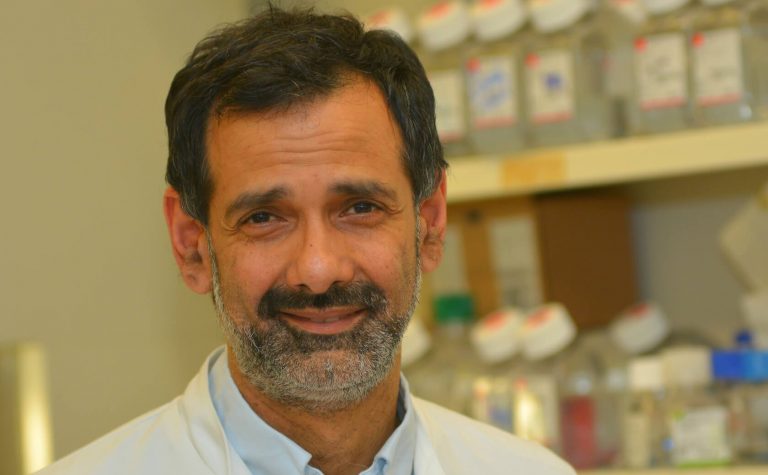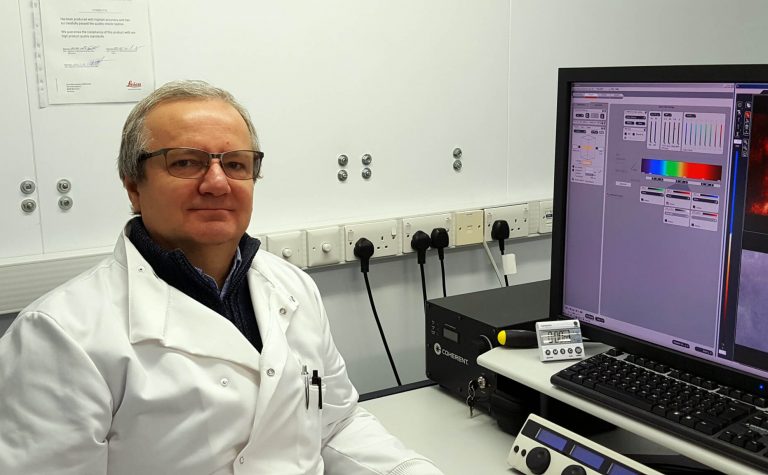Project Details
Project Title
Biomarkers and discovery of new therapeutic targets for chemotherapy associated neurotoxicity
Lead Researcher
Dr Christina Halsey
Research Centre
University of Glasgow
City & Institution Postcode
Glasgow G12 8TA
Start Date
1 October 2015
Duration
54 months
Grant Amount
£207,566




